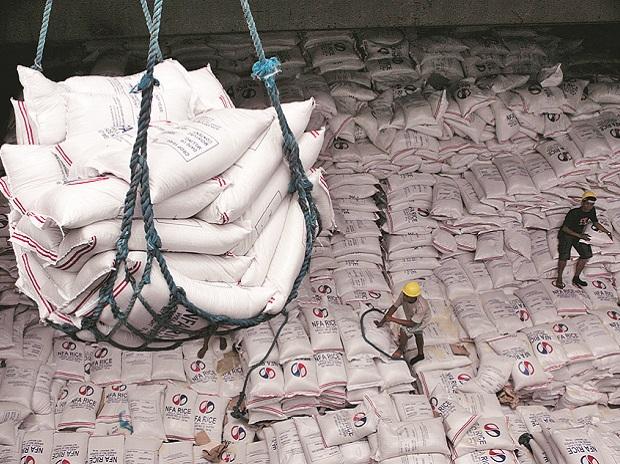India allows exports of non-basmati white rice trapped at ports

An official government order issued late on Tuesday authorised traders to export their non-basmati white rice shipments, which were held at ports following an unexpected ban on such exports.
The ban was imposed on July 20 with the aim of stabilising domestic prices, subsequently causing significant disruption for traders.
The Directorate General of Foreign Trade (DGFT), a branch of the trade ministry, has now stipulated that these cargoes can be shipped out if traders settle the export duty by the ban’s effective date.
“Three ships were standing still at the Kandla port and a lot of containers were lying at different ports, causing a lot of problems for the rice industry,” he told news agency Reuters.
This measure comes as a relief to the rice industry, with stalled shipments causing operational issues.
India, responsible for 40 per cent of global rice exports, sells rice to over 150 countries, including several vulnerable nations in Africa and Asia.
The ban on non-basmati white rice exports had raised concerns about global rice prices.
“The permission to allow the cargoes stuck at ports will not only help Indian suppliers, it will also help consumers in some of the most needy countries,” Garg said.
Following the ban on non-basmati white rice, India introduced a 20 per cent tax on parboiled rice shipments and established a minimum price for basmati rice exports in an effort to manage local prices.
These measures have contributed to global rice price pressures.
Read also
Wheat in Southern Brazil Impacted by Dry Weather and Frosts
Oilseed Industry. Leaders and Strategies in the Times of a Great Change
Black Sea & Danube Region: Oilseed and Vegoil Markets Within Ongoing Transfor...
Serbia. The drought will cause extremely high losses for farmers this year
2023/24 Safrinha Corn in Brazil 91% Harvested
Write to us
Our manager will contact you soon



